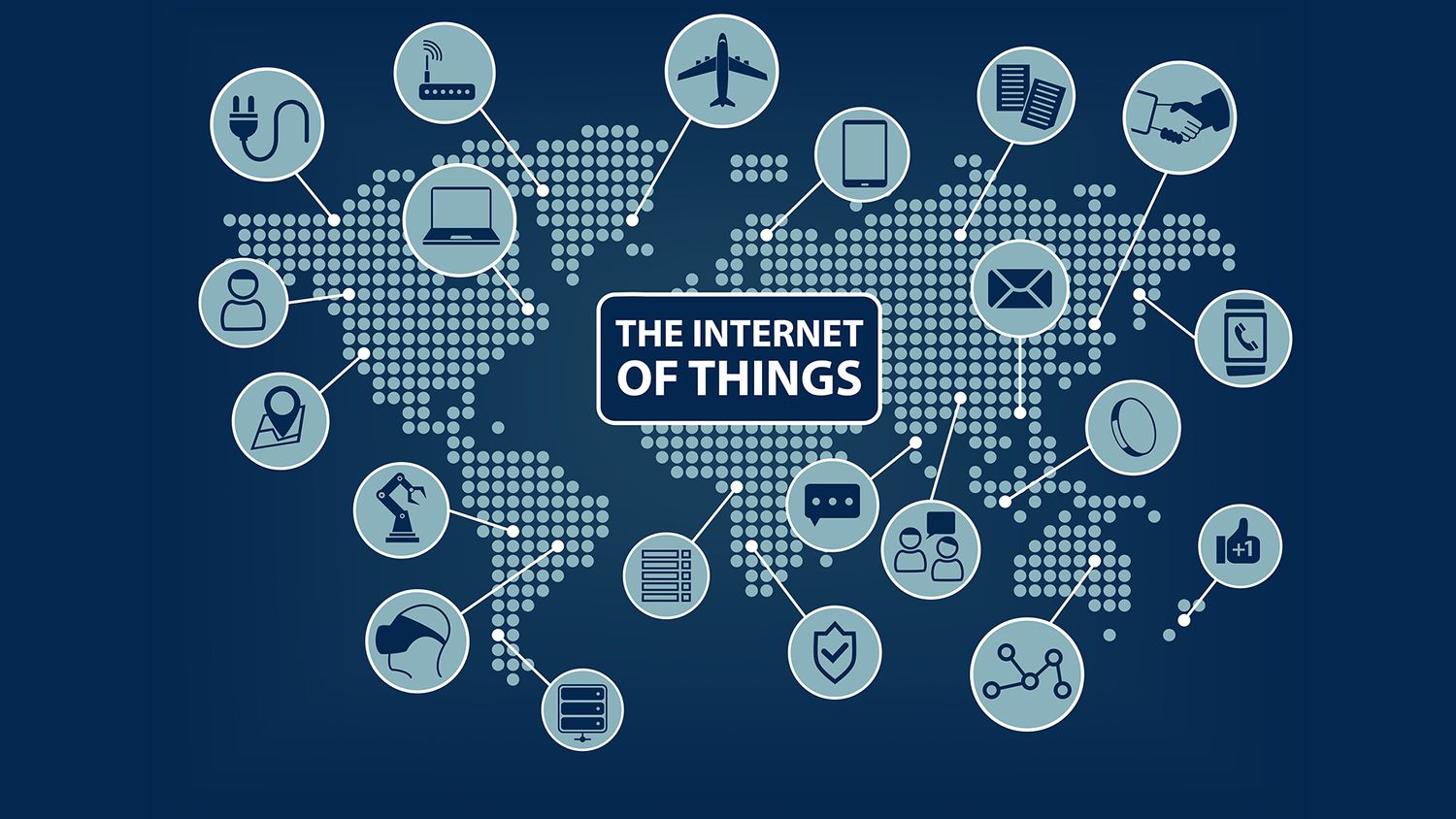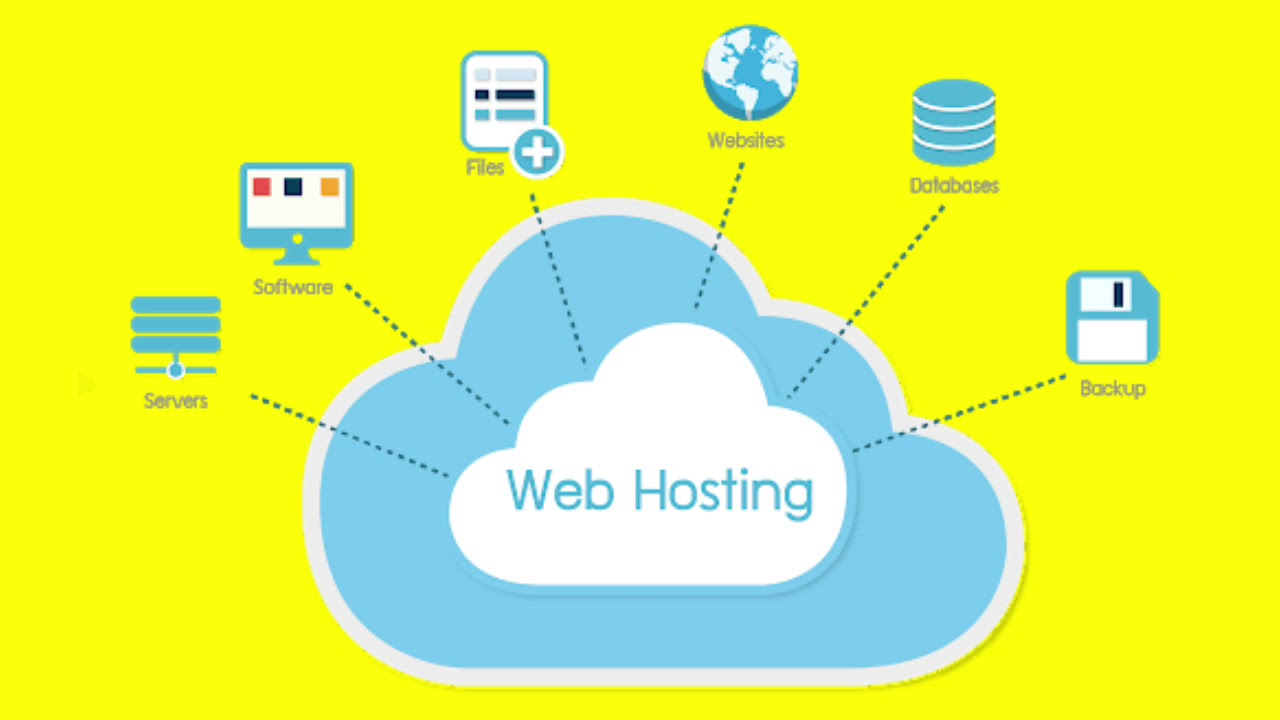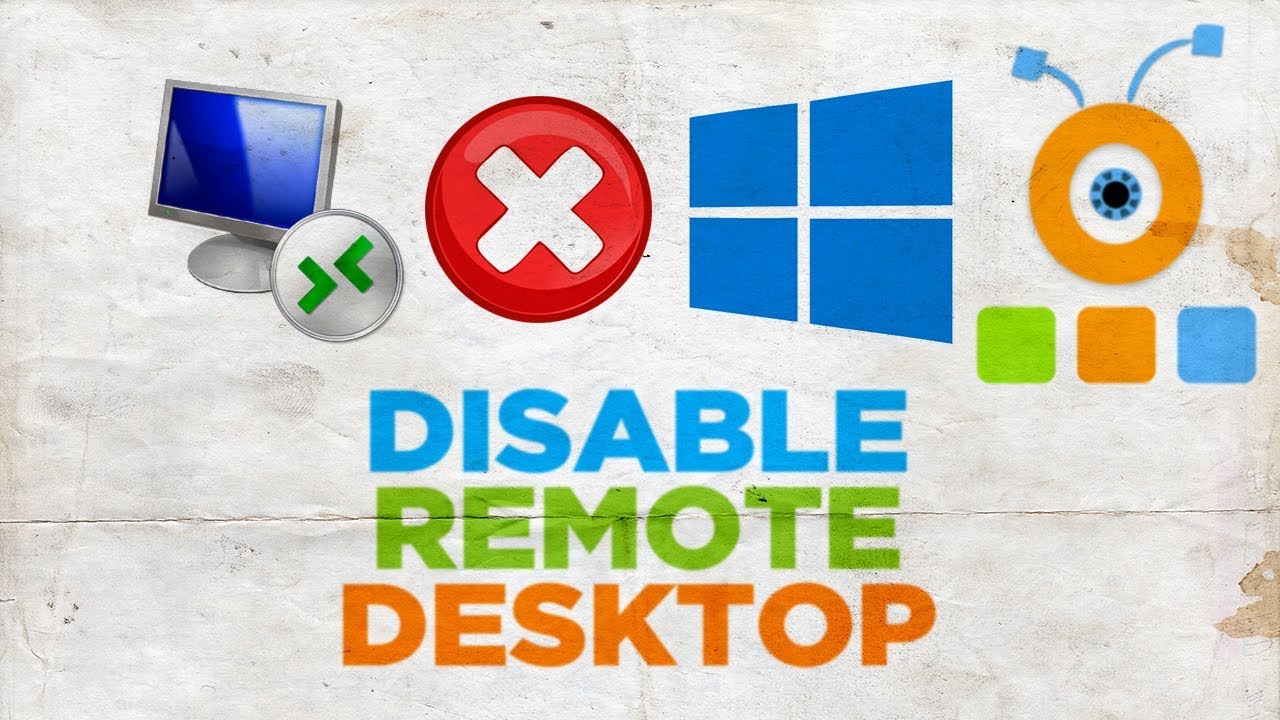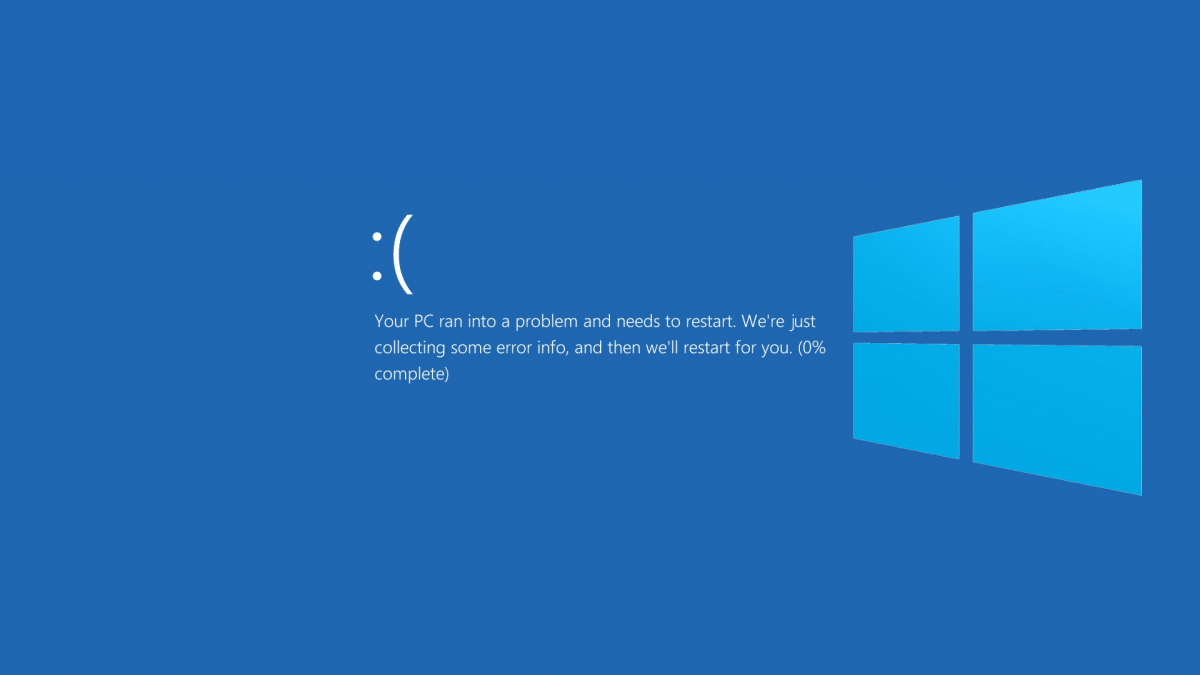The internet has transformed every aspect of our daily lives, offering a wide range of services that have reshaped how we communicate, work, learn, and entertain ourselves.
From simple activities like browsing social media to more complex functions such as cloud computing and digital marketing, the Internet provides an array of services that are essential for both personal and professional use.
In this article, we’ll explore the various services that the internet offers and how they contribute to making our lives easier and more connected in 2025.
Introduction: Understanding the Importance of Internet Services
In 2025, the Internet will be a fundamental tool for accessing information, connecting with others, and accomplishing daily tasks. What are some services of the internet?
From online communication tools and cloud storage to e-commerce and digital banking, the Internet is an all-encompassing platform that enables a variety of services.
These services not only provide convenience but also open up opportunities for businesses, education, and social interaction on an unprecedented scale.
1. Communication Services
One of the primary services of the Internet is communication. The internet has made it possible to stay connected with people around the world through various platforms. Some of the key communication services include:
- Email: A reliable and widely used service for exchanging messages, documents, and files. Services like Gmail, Outlook, and Yahoo provide email accounts with significant storage capacity and easy accessibility.
- Instant Messaging (IM) and Video Calls: Platforms like WhatsApp, Skype, and Telegram enable real-time communication through text and voice messages, as well as video calls, making it easier to stay connected with loved ones, colleagues, and clients.
- Social Media: Social media platforms such as Facebook, Instagram, Twitter, and LinkedIn offer communication channels where users can share updates, images, and videos, and engage with others through comments, likes, and direct messages.
2. Cloud Computing and Storage
Cloud services have revolutionized how data is stored and managed. Rather than relying on physical storage devices, users can now store their files on remote servers. These services offer several benefits:
- Cloud Storage Services: Platforms like Google Drive, Dropbox, and OneDrive allow users to store documents, photos, and videos online, providing easy access from any device with internet connectivity.
- Cloud Computing Services: Businesses and individuals can access computing resources over the internet, such as servers, storage, and software applications. Popular cloud platforms like Amazon Web Services (AWS), Microsoft Azure, and Google Cloud make it easier for businesses to scale operations without needing expensive physical infrastructure.
3. E-Commerce and Online Shopping
E-commerce has grown exponentially in recent years, with more consumers turning to the internet to purchase goods and services. Online shopping services provide numerous benefits:
- E-Commerce Websites: Platforms such as Amazon, eBay, and Alibaba offer a vast selection of products ranging from electronics to clothing. Consumers can browse, compare prices, and make purchases from the comfort of their homes.
- Digital Payment Systems: Payment services like PayPal, Apple Pay, and Google Pay allow consumers to make secure transactions online without the need for physical credit cards. These payment gateways are integrated into e-commerce sites, simplifying the checkout process.
- Subscription Services: From streaming services like Netflix and Spotify to meal delivery subscriptions like Blue Apron, consumers now have access to a wide range of subscription-based services that deliver value at their convenience.
4. Educational Services
The internet has revolutionized education by offering new ways to learn, collaborate, and access information. Some popular online educational services include:
- Online Courses and Learning Platforms: Websites like Coursera, Udemy, and Khan Academy offer courses in a variety of subjects, allowing users to enhance their skills or pursue higher education degrees remotely.
- Virtual Classrooms and Tutoring: Many institutions and independent tutors provide live, interactive classes via platforms like Zoom and Google Classroom, enabling students to attend lessons and collaborate with their peers virtually.
- Educational Resources: The internet offers access to an endless array of free and paid resources, from academic papers and research databases to video tutorials and interactive simulations. Websites like YouTube and Khan Academy offer valuable educational content for learners of all ages.
5. Entertainment and Streaming Services
The internet has transformed the way we consume entertainment. With a wealth of content at our fingertips, users can access movies, TV shows, music, and games wherever they are. Key entertainment services include:
- Video Streaming: Services like Netflix, YouTube, and Disney+ offer on-demand video content, from movies and documentaries to original series and live events. Users can stream content in high definition on various devices.
- Music Streaming: Platforms like Spotify, Apple Music, and YouTube Music allow users to listen to millions of songs without downloading them, creating personalized playlists and discovering new music genres.
- Online Gaming: Multiplayer gaming platforms like Steam, Xbox Live, and PlayStation Network provide gamers with the ability to connect with others, play games together, and access a large library of titles from different genres.
6. Online Banking and Financial Services
Banking and financial services have become more efficient and accessible through the Internet. Online banking platforms allow individuals to manage their finances with ease. Some key services in this category include:
- Online Banking: Most banks now offer digital services, allowing users to check account balances, transfer funds, pay bills, and apply for loans from their mobile devices or computers.
- Investing and Trading: Platforms like Robinhood, E*TRADE, and TD Ameritrade provide users with tools to buy and sell stocks, bonds, and other financial instruments. Cryptocurrency trading platforms like Coinbase and Binance have also gained popularity in recent years.
- Financial Management Tools: Services like Mint, YNAB (You Need a Budget), and Personal Capital help users track expenses, set financial goals, and monitor investments.
7. Search Engines and Information Services
Search engines are the gateway to the vast amount of information available on the internet. Some popular search engines include:
- Google: As the dominant search engine, Google allows users to find information on any topic by simply entering keywords into its search bar. Additionally, Google offers services like Google Maps, Google News, and Google Scholar for specific information needs.
- Bing and Yahoo: While Google is the most popular search engine, Bing and Yahoo still offer viable alternatives for users seeking information.
- Online Encyclopedias and Knowledge Bases: Websites like Wikipedia, Quora, and StackExchange offer crowdsourced information on a wide range of topics, from academic subjects to practical advice.
8. Online Health Services
Healthcare services have also expanded into the digital realm. Some key services include:
- Telemedicine: Telehealth platforms like Teladoc, Doctor on Demand, and Amwell allow patients to consult with healthcare professionals remotely via video calls, making healthcare more accessible.
- Health Tracking and Fitness Apps: Services like Fitbit, MyFitnessPal, and Strava help users track their fitness goals, monitor their diets, and stay motivated to lead healthier lifestyles.
- Mental Health Services: Online platforms like BetterHelp and Talkspace connect users with licensed therapists for virtual counseling sessions, offering much-needed mental health support.
Conclusion: Embracing the Internet’s Services for a Better Future
The Internet offers a wide range of services that have become essential in our daily lives, whether for communication, entertainment, education, or managing finances.
What are some services of the internet? As we’ve seen, the internet plays a pivotal role in almost every aspect of life today, and its influence continues to grow in 2025.
By embracing these services, individuals and businesses can achieve greater efficiency, convenience, and success. With constant advancements in technology, the internet will undoubtedly continue to offer new services that will further enhance our interconnected world.
Call to Action: Ready to explore the world of internet services? Stay updated on the Internet trends and innovations in technology by subscribing to our newsletter and joining our community today!




